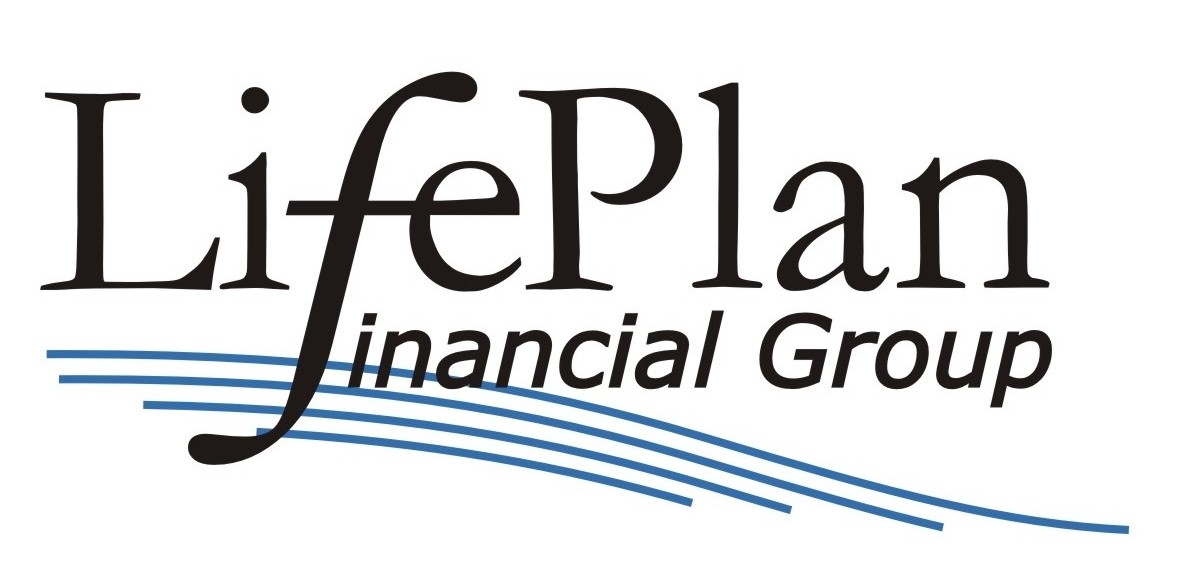Social Media
/Most of us have social media accounts, like Facebook, Twitter, and Instagram, which keep us in touch with loved ones that are far and near. However, it is also an easy way for hackers to learn about us since we share absolutely everything and our personal information is public to most of the internet, so it is very important to take precautions before you share a post.
Since much of social media is public, it is easy for scammers to gather your information and start their phishing campaigns. Some may come as a message from your friends without them even knowing if they sent it. If it seems too suspicious, it is best practice not to with it.
Hackers have developed the practice of social engineering, in which they obtain confidential information through deception. They contact you by email or phone and use personal information that you have shared to make it seem like a legitimate request for personal or financial information.
Social media platforms receive all our private information about us, friends and family members, our vacation pictures, and even the contents in our direct messages. It is important to understand how this information is being sold to advertisers and other third parties by social media sites.
Make it a best practice to review your privacy settings often, then you control who can see what you share and how much of your profile is accessible. Default settings provide strangers more access than you may be comfortable with.
So, keep your private information private, although you may think you are being careful, you don't know who can see what you post, therefore be mindful and avoid sharing:
· Personal information
· Informative pictures
· Geotagged photos
· Exciting news
· Banking or financial information






